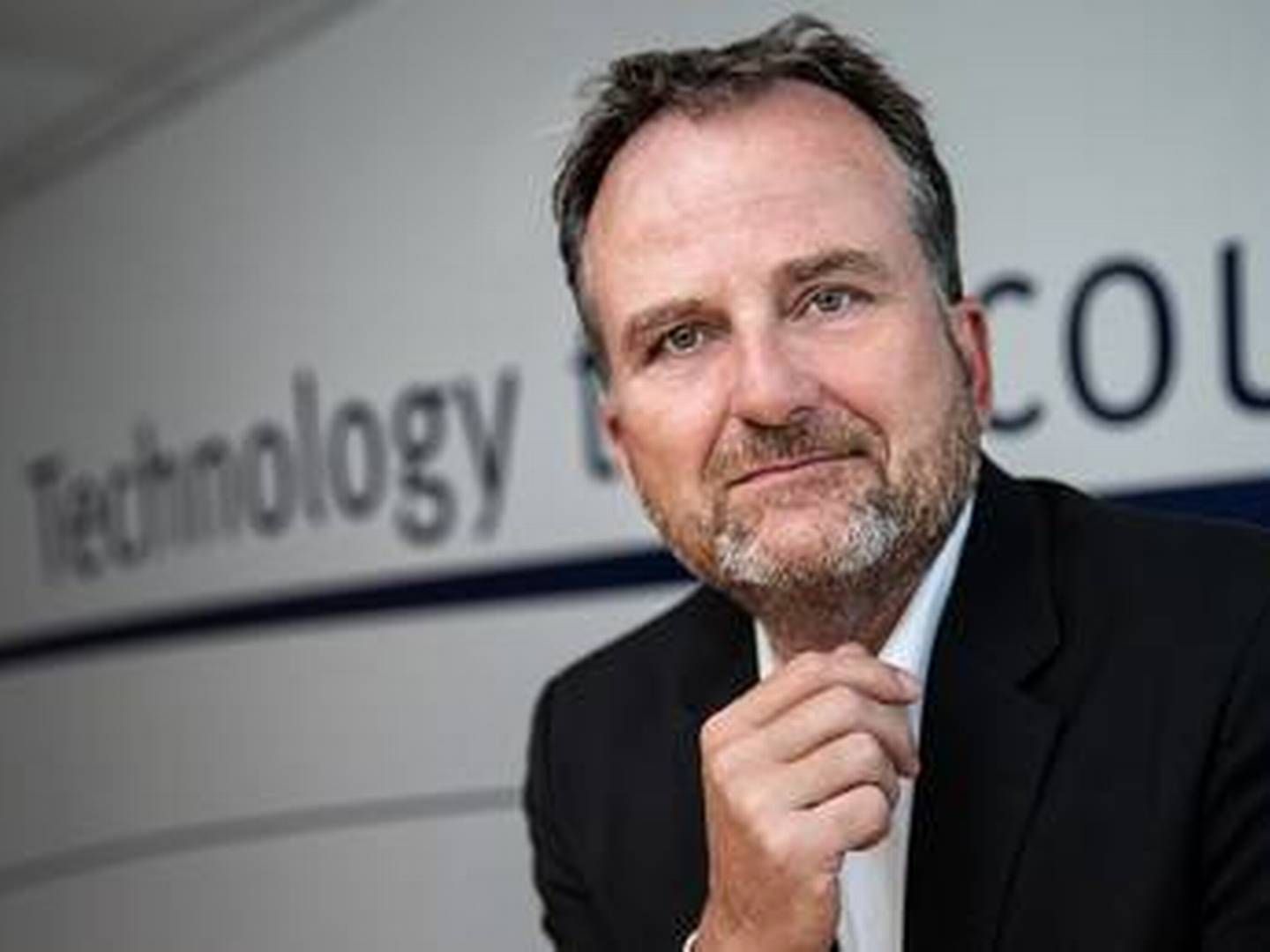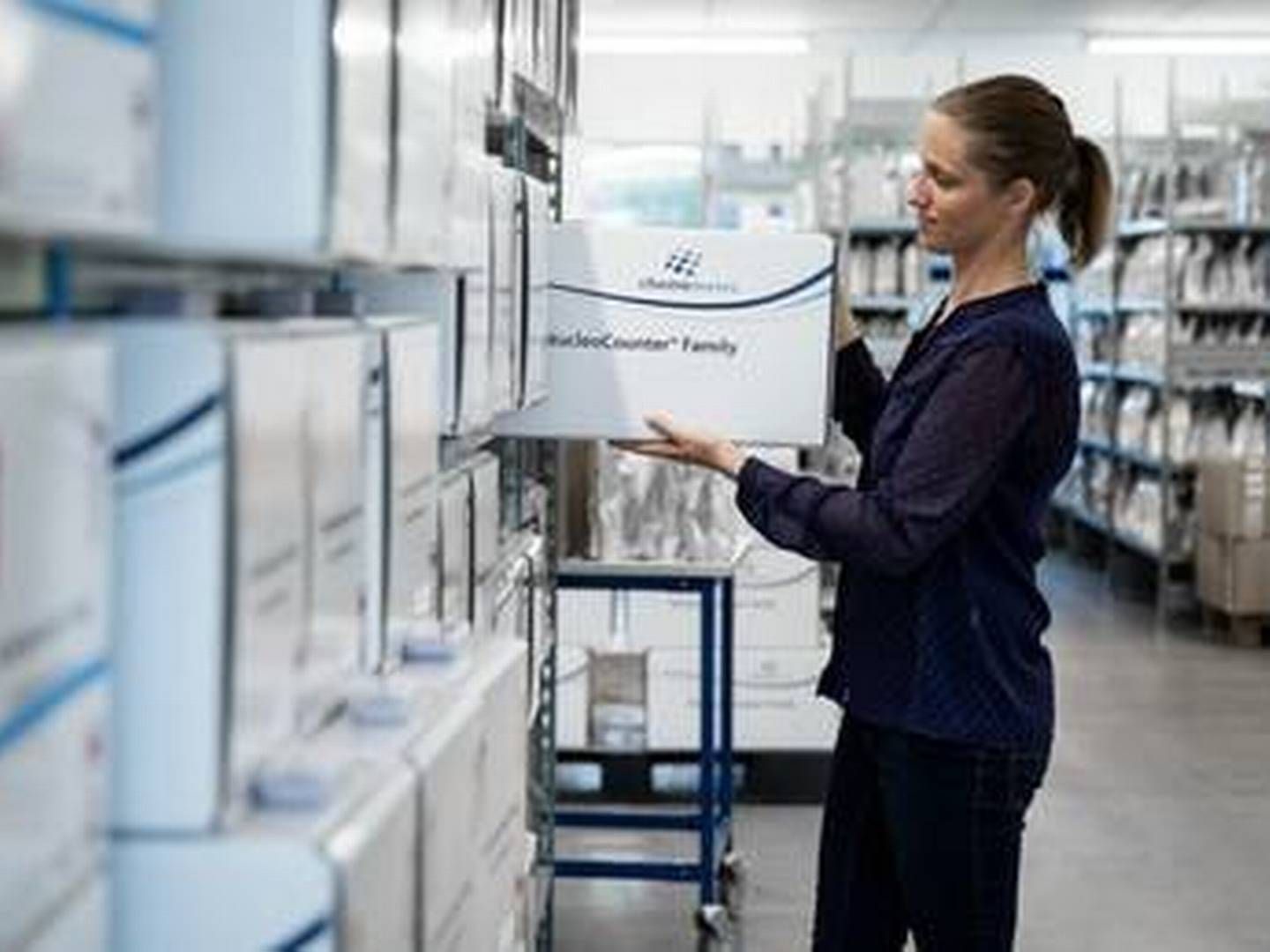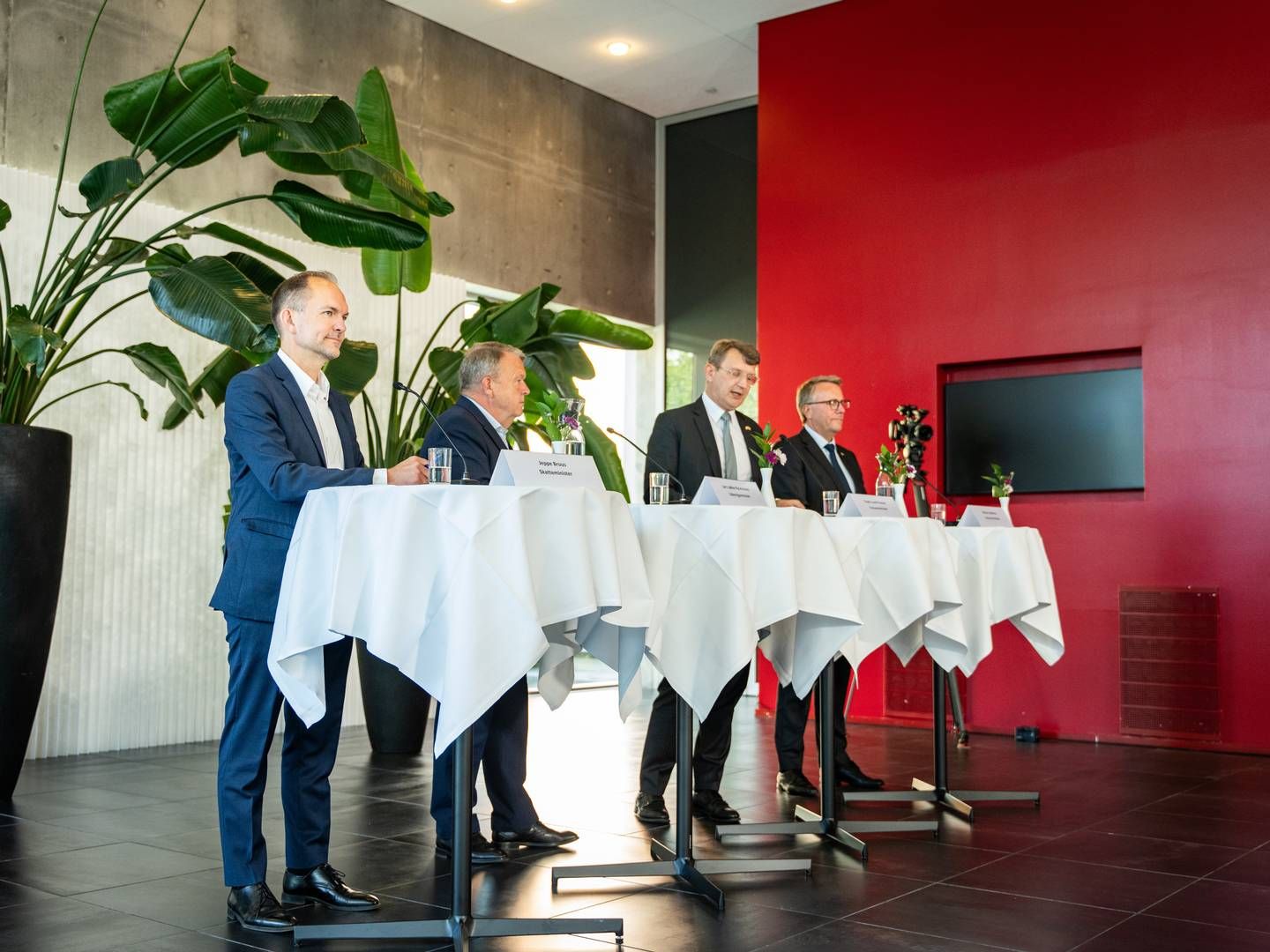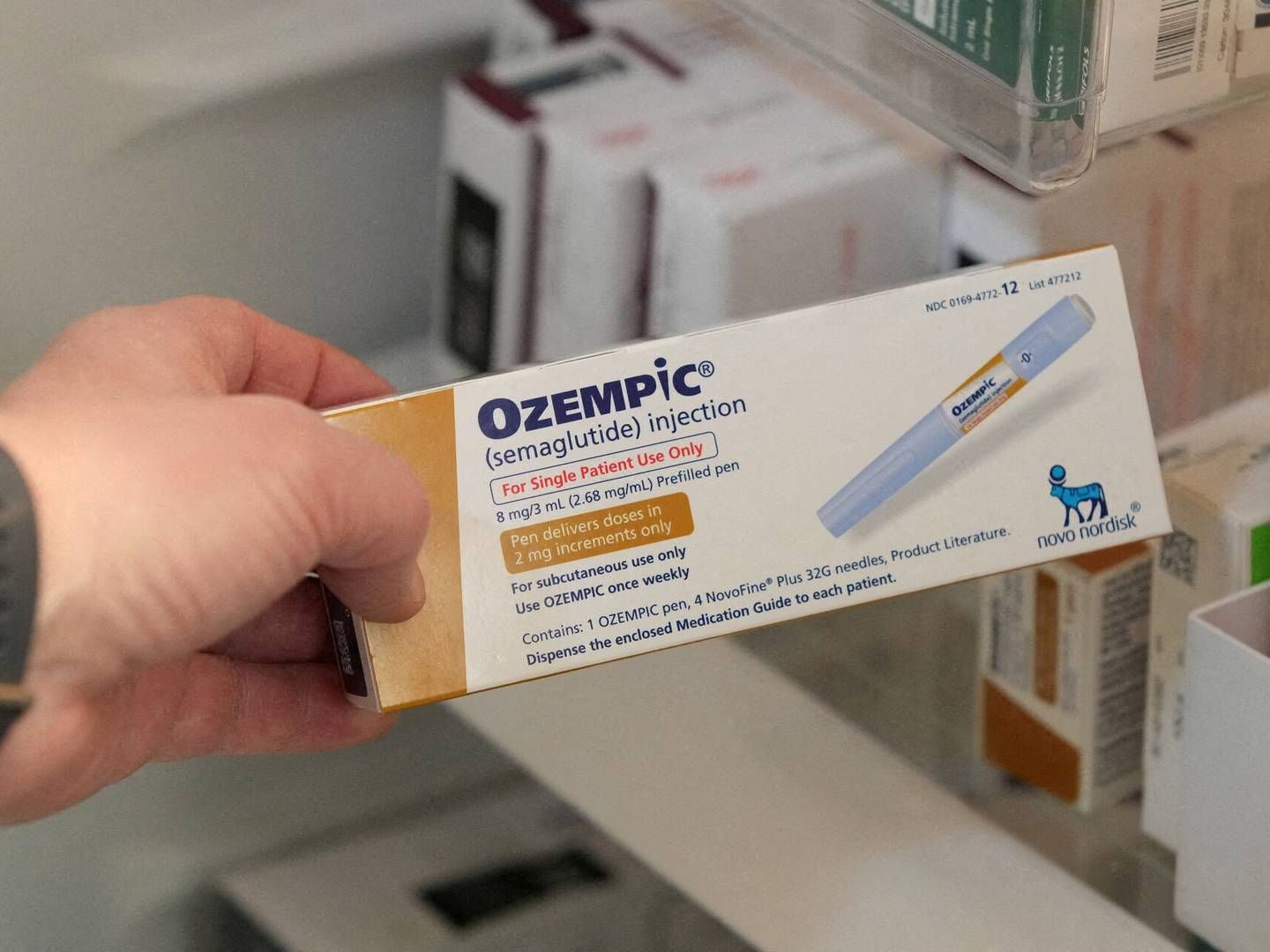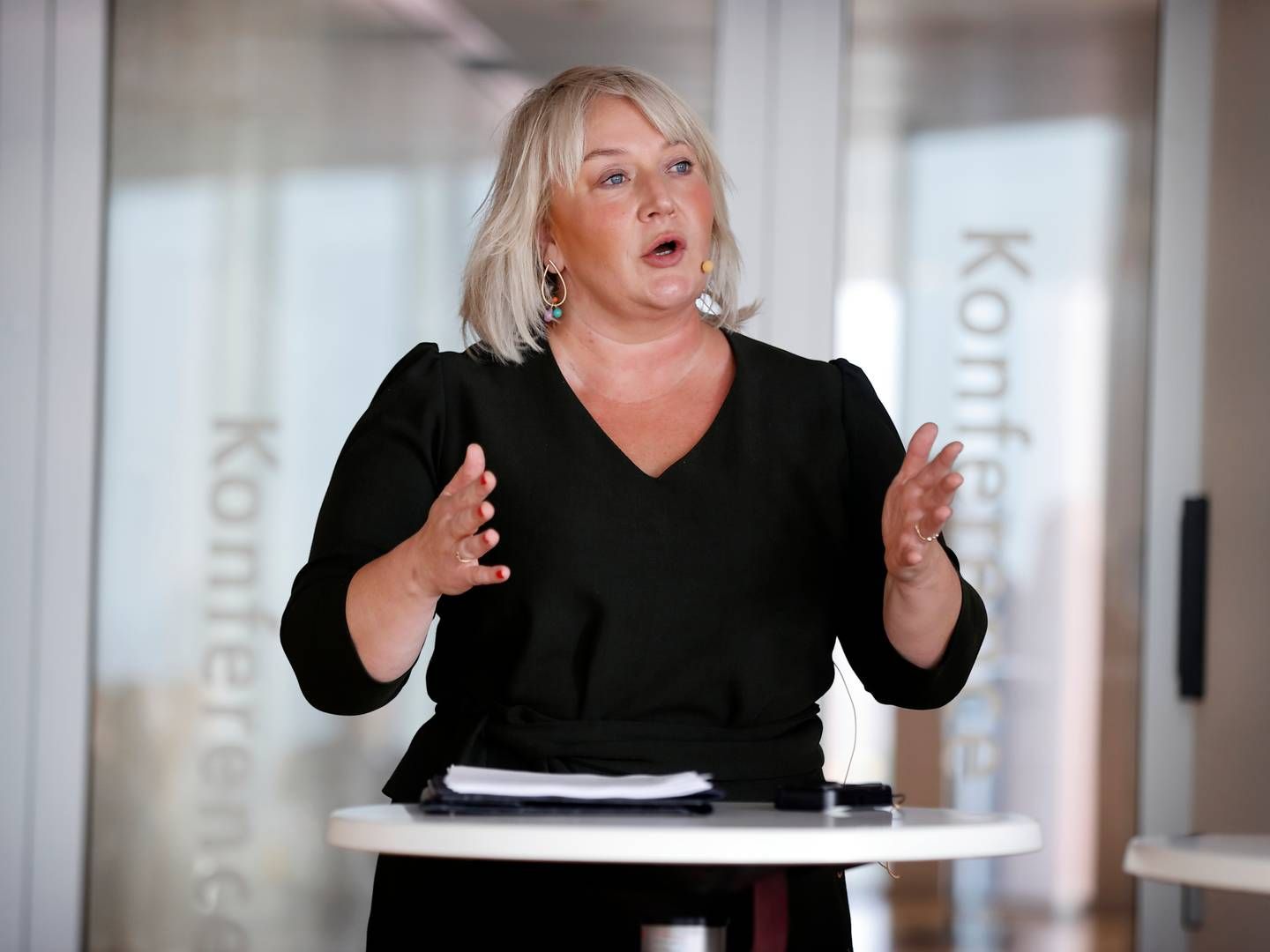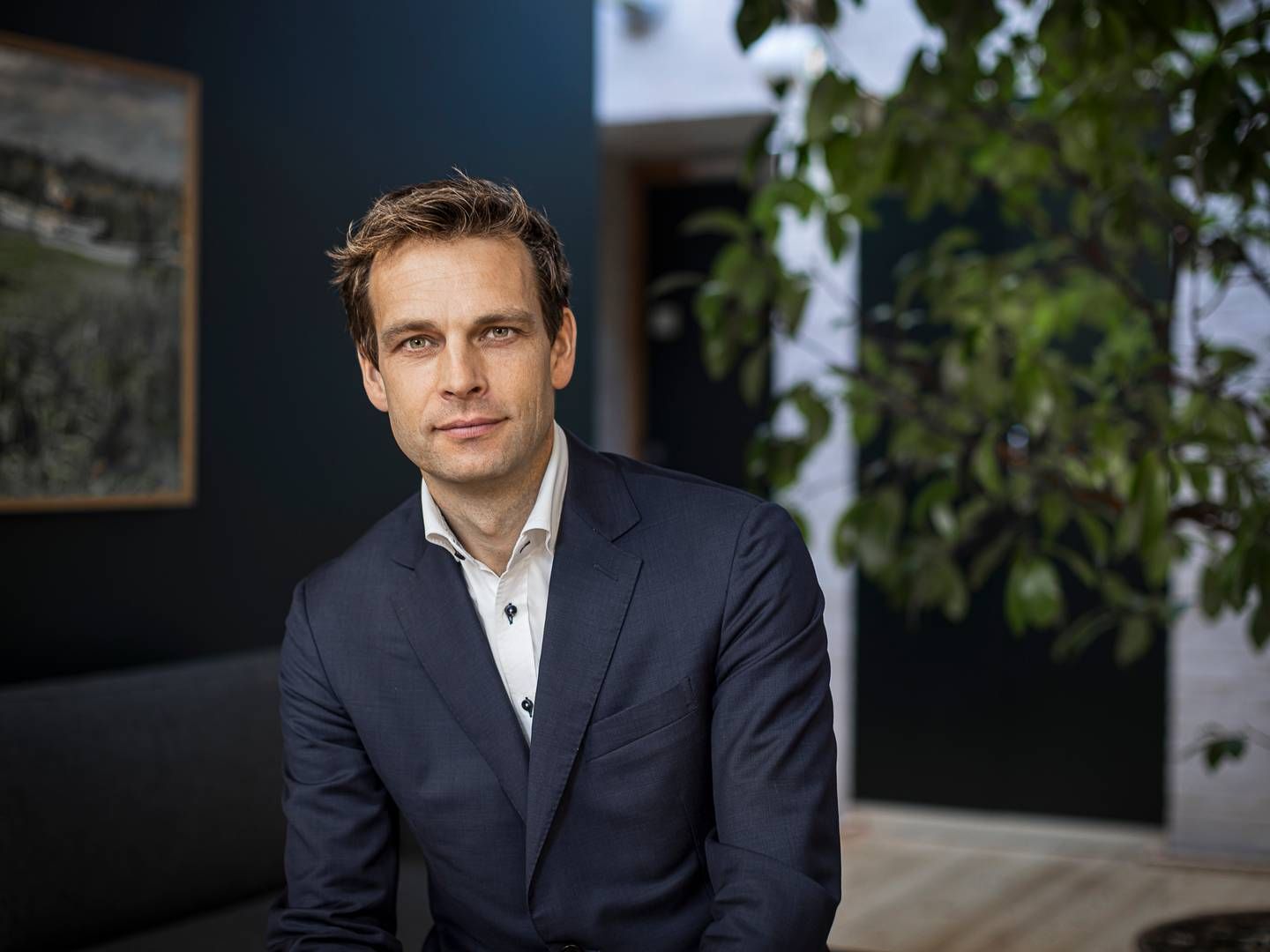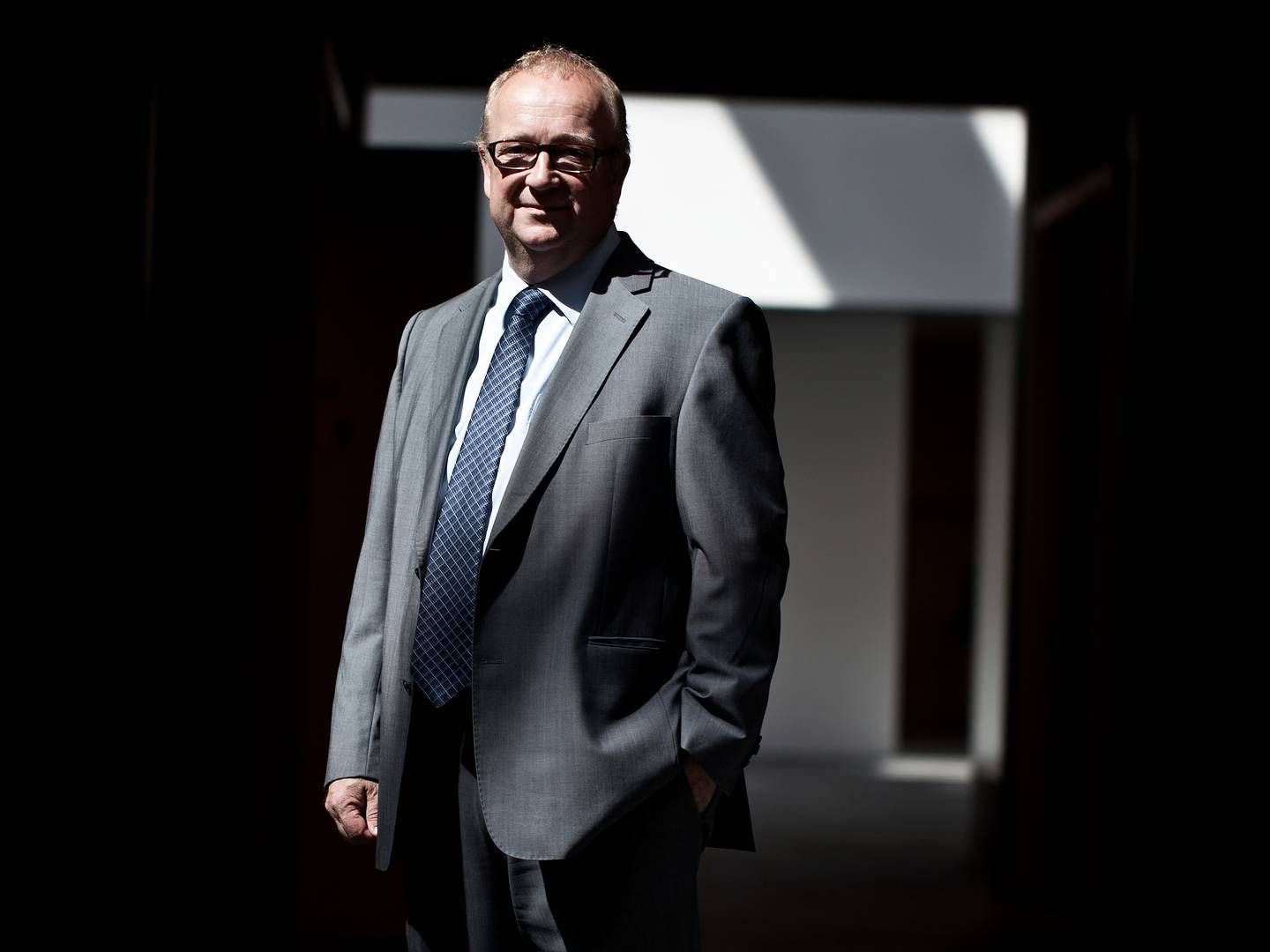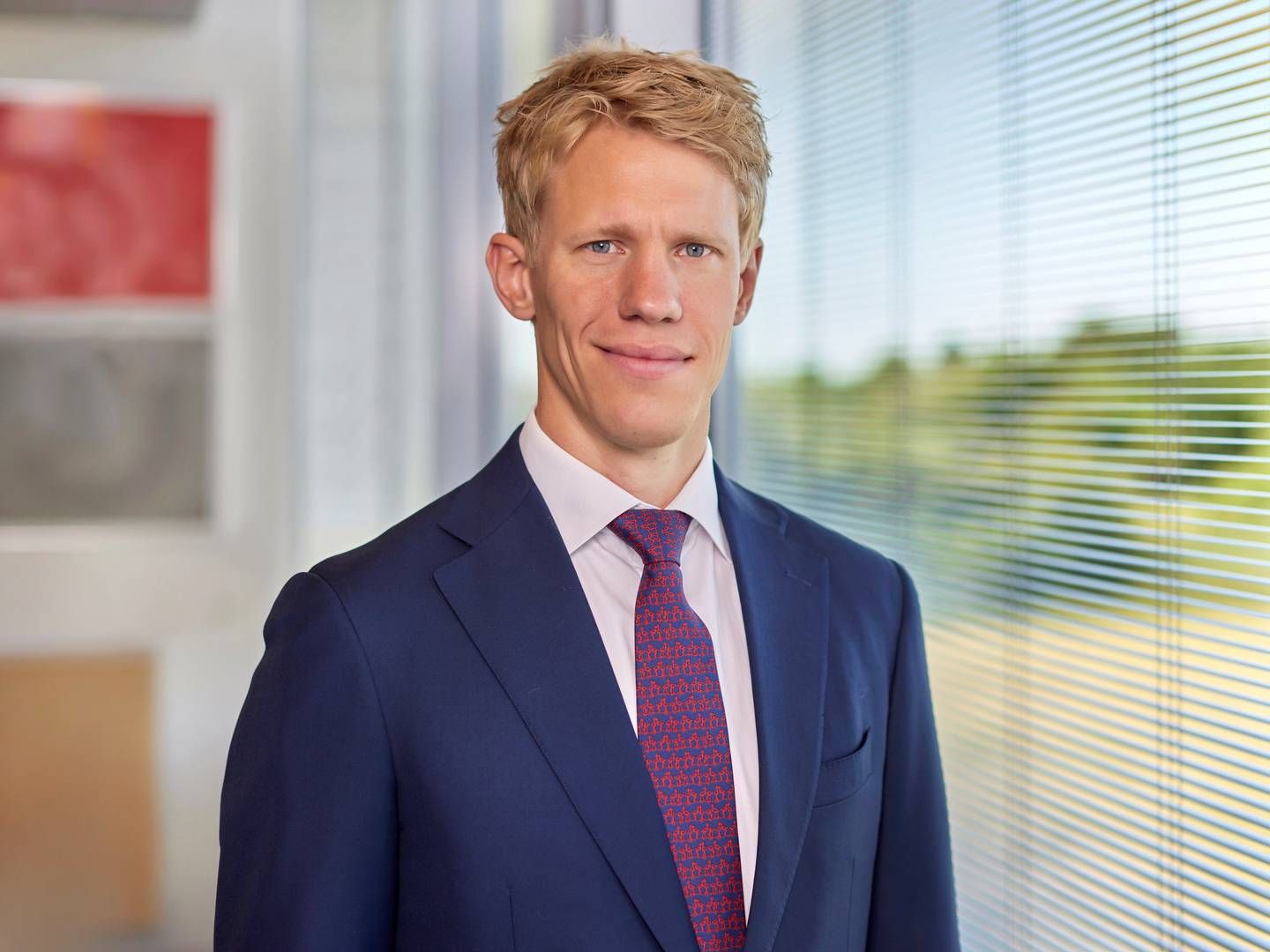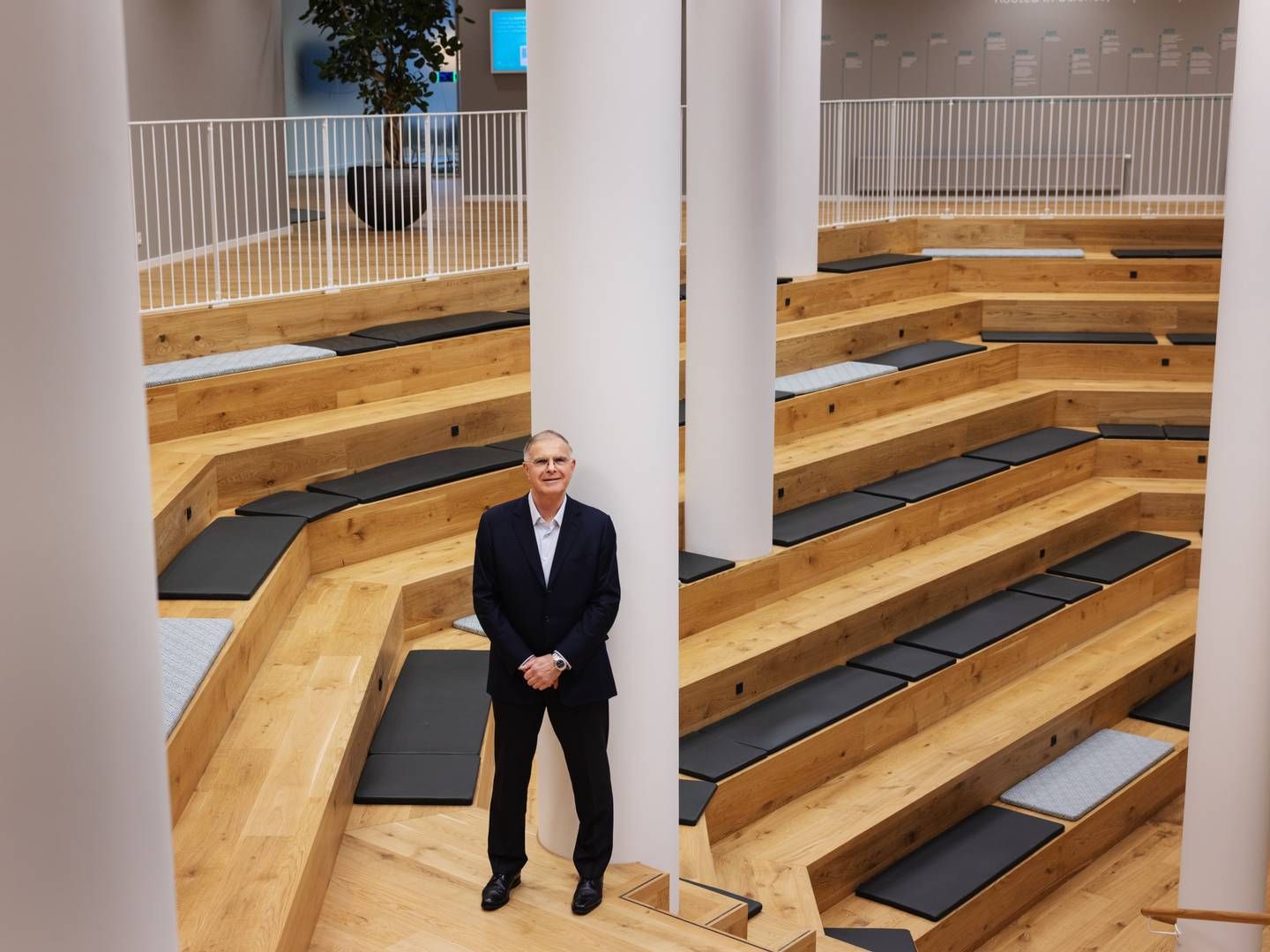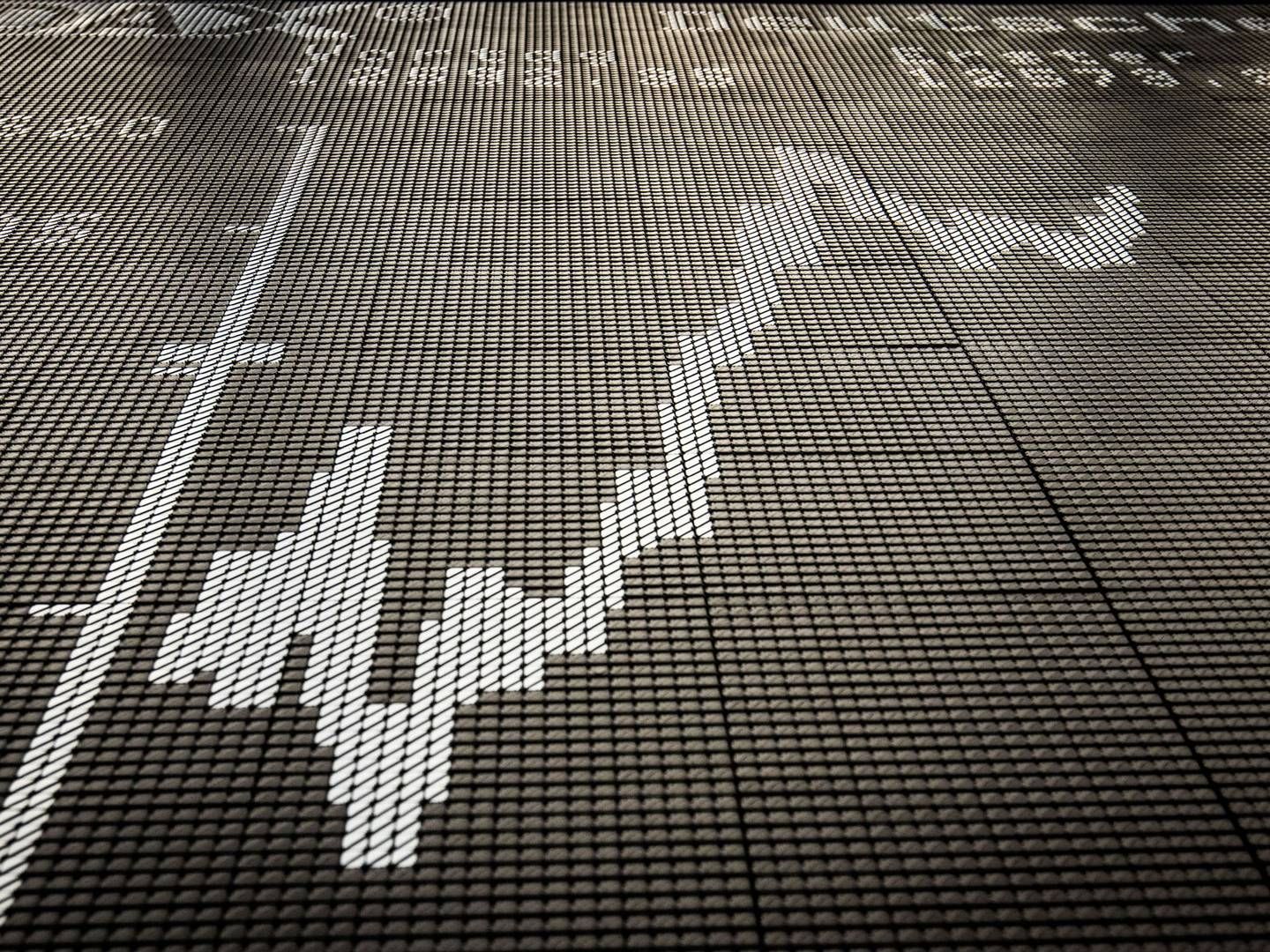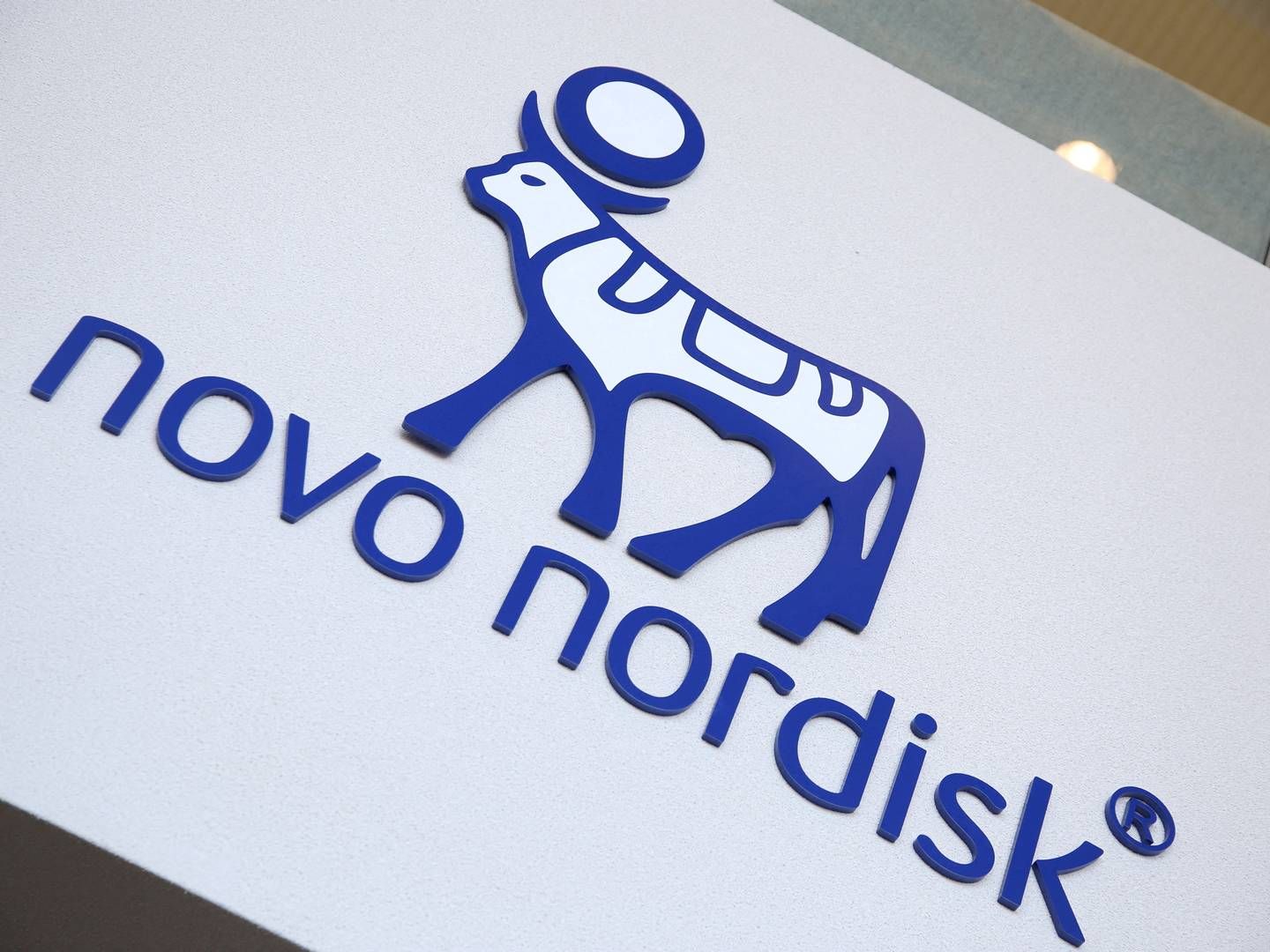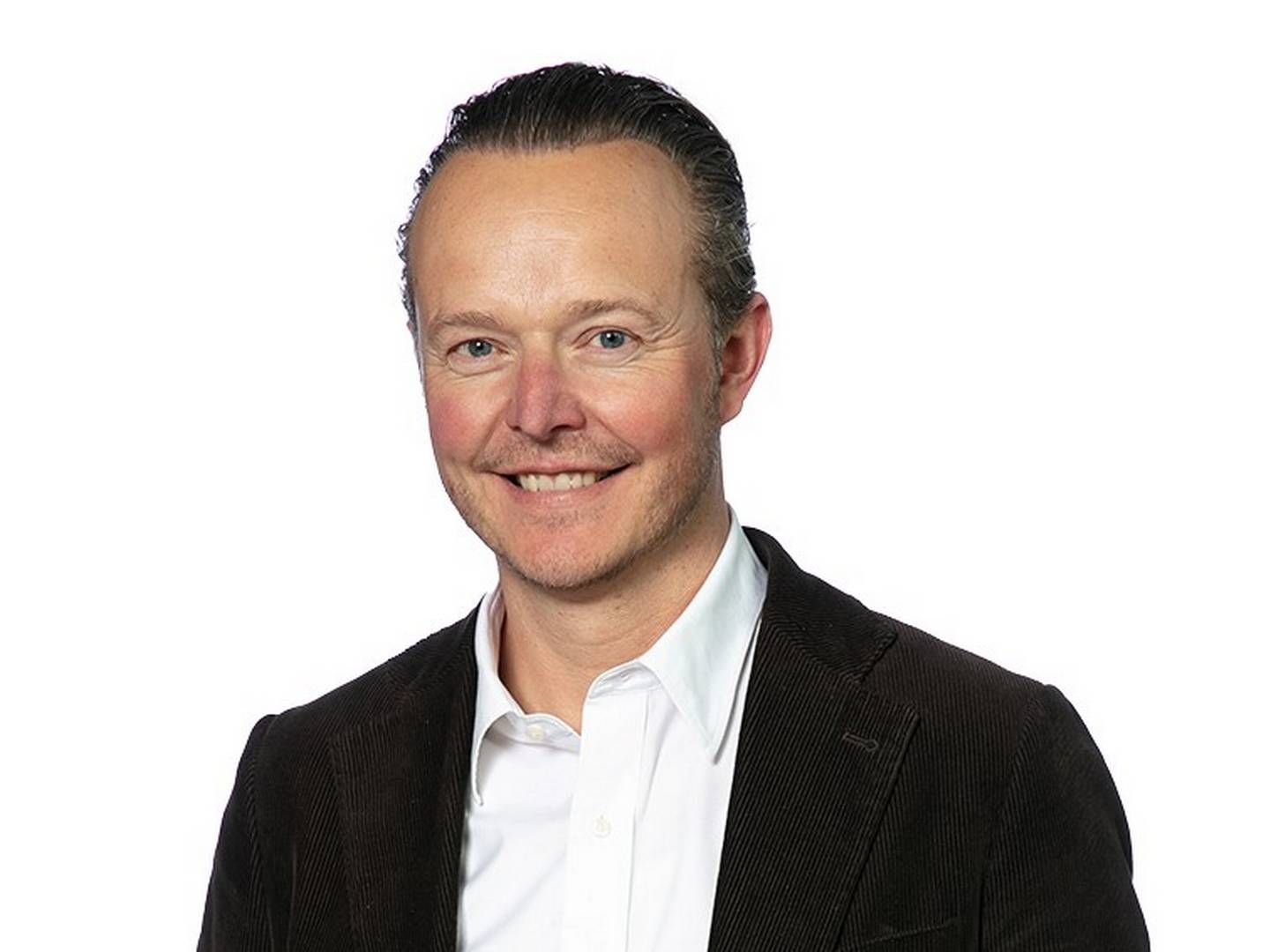New Chemometec CEO is on the hunt for growth - starts new antibodies effort
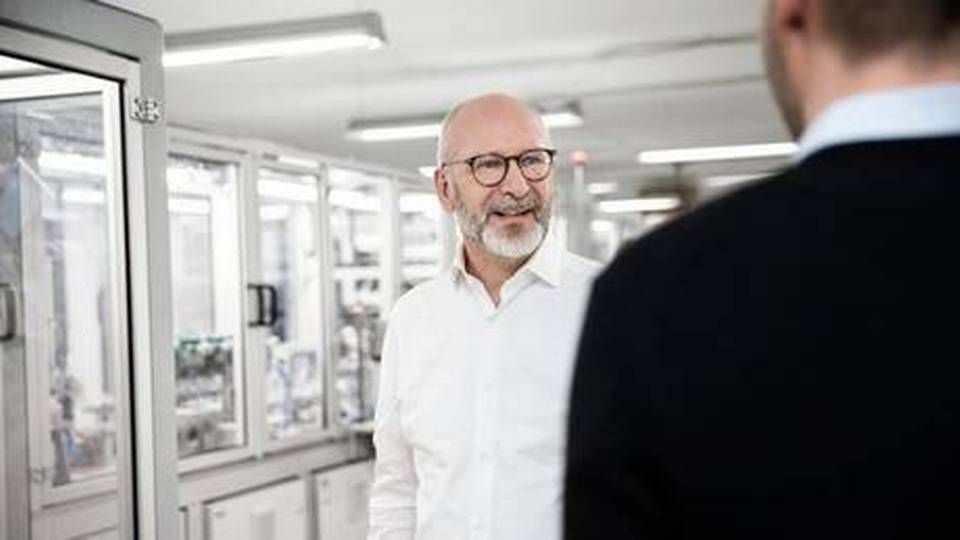
Newly-appointed CEO at Chemometec, Steen Søndergaard, has produced a new strategy which aims to maintain growth in the company's rapidly increasing revenue, he says to MedWatch.
Chemometec will therefore begin to focus on selling cell counters to biotech companies that produce antibodies and biological treatments - a discipline otherwise known as bioprocessing.
"This is a market where we aren't very present today, but that we want to enter," says Søndergaard, who sees a clear opportunity to bring in new sales to the company.
"It is just as big as our established cell therapy area, so there is big potential for growth," he says.
Chemometec's revenue has quadrupled over the past five years, and this is particularly due to the fact that the company has succeeded in selling cell counters to businesses that work with cell and gene therapies.
Customers include Novartis, who own car-t-cell therapy Kymriah, and Gilead, who own car-t-cell therapy Yescarta.
FDA approvals for these kinds of businesses have typically meant large sales for Chemometec, as the companies need Chemometec's cell counters to treat patients.
So far, Chemometec has primarily sold its NC-200 cell counter to cell therapy companies, but when they enter the bioprocessing market, the new NC-202 counter, which was launched under former CEO Michael Eising in September, will be the top candidate.
"NC-202 is made to be able to work for the bioprocessing market. It is a door-opener to a market which will be our next business area, and is just as large as cell therapy," says Søndergaard.
He says that the company's upcoming cell counter Xcytomatic is also made for the bioprocessing market.
Tough competition
According to Søndergaard, it hasn't really been possible for Chemometec to enter the bioprocessing market earlier because the NC-200 cell counter was not fast enough for that market. This is changing with NC-202.
Within the bioprocessing market, Søndergaard and Chemometec will face new challenges: the competition on the market is tougher than within cell therapy, the CEO says.
"There is a difference between a newly- established market like cell therapy and a market which has been there for years, like bioprocessing," he says.
"There are lots of competitors already. We need to take market shares from someone. That isn't as easy as selling to someone who has never had a cell counter before. But that is my task as leader," he says.
Chemometec's biggest competitor on the new market is US-based Beckman Coulder, which is owned by multi-billion dollar concern Danahar.
Sticking to the strategy - hiring more people
The new gamble on growth comes just six weeks after Søndergaard started as CEO at Chemometec.
As well as the entrance into the bioprocessing market, Søndergaard assures MedWatch that he will continue the business strategy that has quadrupled the company's revenue, multiplied company profits by 36 and led to a rise in share value of 230 percent.
"The headline here is business as usual. When something has gone so well as this has gone, then it is the right strategy. And then you can look at the world and correct your course as you move forward," says Søndergaard.
In other words, this means a continued focus on selling cell counters to cell therapy businesses by having a presence at biotech incubators, where cell therapy companies typically start their lives.
"When you start out in this world, it isn't a given that you will have your own laboratories. So you enter incubators that are run by the large players, and then you can get a laboratory and a place to be and run your tests and processes. We are investing a lot in being visible and present at these incubators, because it is here all the new projects meet," says Søndergaard.
At the same time, the new CEO says that Chemometec needs a shake-up in terms of manpower and equipment.
"We will shake things up generally. Firstly, we are upgrading our production technology dramatically, and we need to invest in people who can support our business, before, during and after sales. And then we need to be developing new products all the time, so we need to upgrade our development department," Søndergaard explains.
Focus on operations
Søndergaard has been CEO of Chemometec before. He had the role from October 2013 until August 2014, when Michael Eising took over.
Although Chemometec is a significantly larger company today, Søndergaard believes he can use his earlier experiences.
"We are making the same products and we have essentially the same type of customers. It has become a larger business, but the important things are the same. We still need to have the world's best products, and we still need to be good at selling them," he says.
Søndergaard has a background in sales and marketing and it is therefore within these fields that he has made his "mark" as leader, he says. But as he points out:
"Of course, I need to ensure the company is running as it should at all levels."
What do you think your legacy will be at Chemometec?
"I hope people will say that I did the job well, created a strong company and produced good results. My focus is operations. I am interested in the top and bottom, revenue and profit. I am not focused on share value. I have no influence on that. I deliver results in a healthy and orderly way," says Søndergaard.
"Strange" process of firing
Søndergaard was appointed as CEO of Chemometec after the company fired his predecessor Michael Eising in a rather ugly manner.
First, Chemometec informed the market that "management changes" had been made, and applied to get its shares suspended from the stock exchange. This caused its share value to drop sharply by 20 percent, while commentators called the announcement "infuriatingly odd", saying it "stinks of foul play".
Three days later - on the other side of a weekend - Chemometec explained that Michael Eising had been fired because he had moved to Monaco, and there was a need for a leader with a "bigger presence at the headquarters" in Allerød.
Søndergaard believes that this management change could have been made more elegantly.
"It did look a bit strange. It created some bad press, unfortunately. But it doesn't have anything to do with me. That lies with the board," he says.
Despite this, Søndergaard assures MedWatch that he isn't going to move to Monaco.
"I can confidently say that I'm not going to do that."
Would you like to receive the latest news from MedWatch directly in your e-mail inbox? Sign up for our free English newsletter below.
Chemometec chair fired the CEO: "Only the fewest divorces are happy ones"
Chemometec rolls out future sales hope - starting with American biotech incubators
Chemometec raises its financial expectations for 12th time in four years


